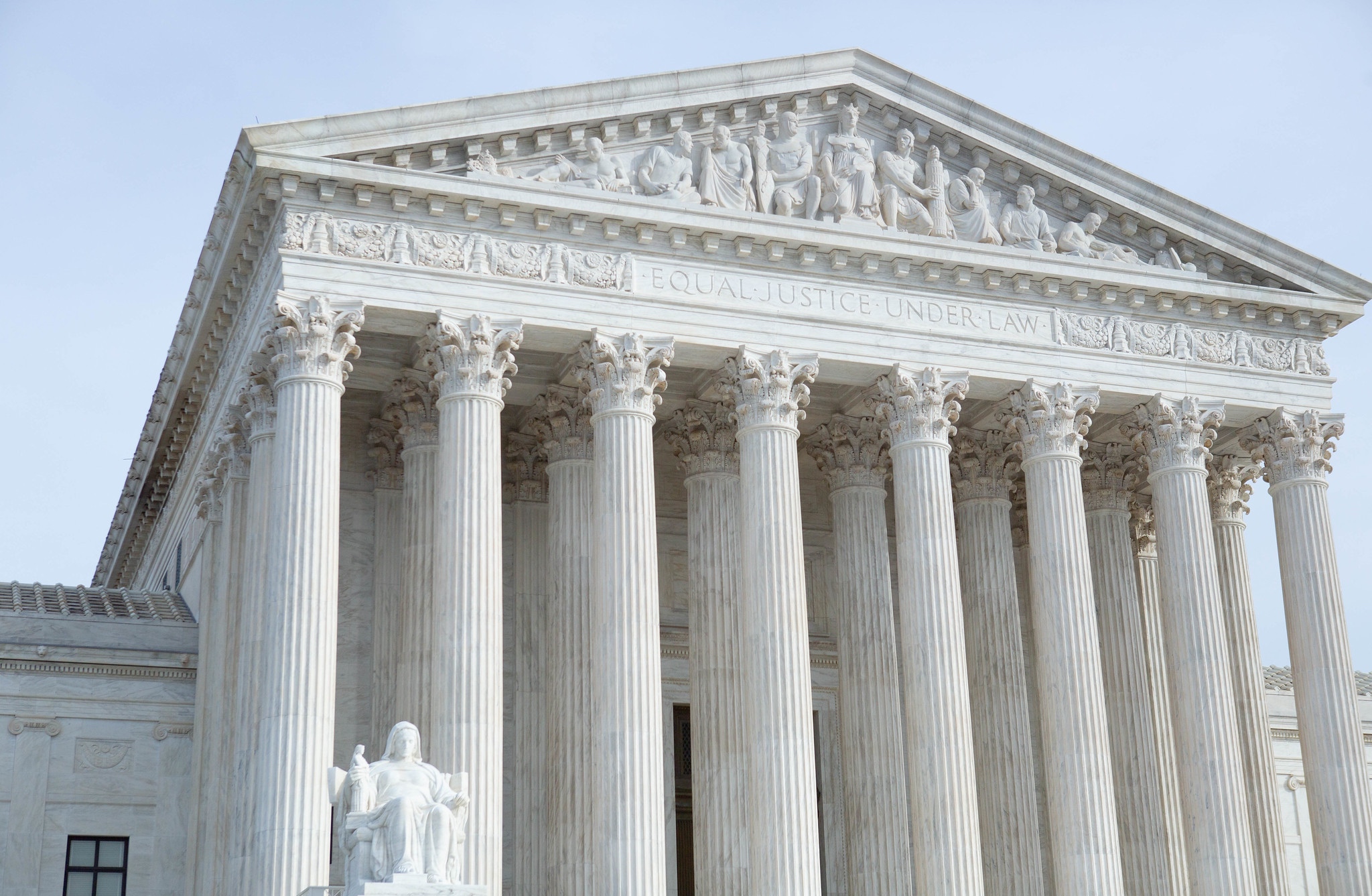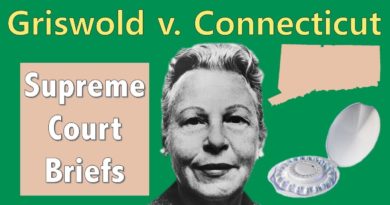Justices to hear estate tax dispute over shareholder’s life-insurance policy
CASE PREVIEW
on Mar 25, 2024
at 11:16 am
The justices will hear oral arguments in Connelly v. IRS on Wednesday. (Anthony Quintano via Flickr)
After a hearing another high-profile dispute over abortion access, the justices will return to the bench on Wednesday to consider a routine practice in estate planning for closely held corporations. To help keep the business in the family upon the death of a shareholder, businesses frequently purchase a life insurance policy on the life of an aging shareholder. Then, when the shareholder dies, the corporation uses the proceeds of that life insurance policy to purchase the shares from the shareholder’s estate. That way, the remaining shareholders (often family members) will own the company without having to come up with money out of pocket to purchase the shares.
The question in Connelly v. Internal Revenue Service is how to treat the money that flows into the closely held corporation – here, Crown C Supply Co. Inc. Thomas Connelly, the executor of his brother Michael’s estate and the company’s only remaining shareholder, argues that the life insurance money is basically a wash, because the moment it appears on the corporation’s balance sheet, the corporation will spend it to redeem the shares.
The IRS’s view is that it increases the value of the corporation as a whole, because a third party could buy all the shares and thus avoid redeeming the shares. Because the marginal rates of the estate tax are quite high for those that have to pay it (40% in some cases), the question is rather important to the kinds of wealthy taxpayers that face this problem (but perhaps this does not include most of us who are mulling this problem today).
To put some very rough numbers on it, Michael Connelly owned about 75% of a family corporation that was worth a bit less than $4 million shortly before he died. The corporation received life insurance proceeds on his death, including about $3 million that would be spent to redeem his shares. The IRS says that the corporation is now worth almost $7 million, because a third party would pay that much to buy all of the shares, so the shares owned by Michael’s estate are worth a bit more than $5 million (three-quarters of $7 million).
Michael’s estate takes the view that the shares are worth about $3 million (three-quarters of $4 milllion), because the money has to be spent to redeem his shares and because the estate would be prohibited by the rules of corporate law from selling its shares to a third party. Because the estate never could sell the shares for the IRS’s suggested valuation, Thomas Connelly argues that it should not be taxed on that value.
In a way, both sides are asking the justices to ignore economic reality. Connelly wants the justices to ignore what the whole corporation would be worth to a willing buyer. And the IRS wants the justices to ignore what inevitably is going to happen to the corporation in fact – redemption of the shares.
The justices often lean toward a “protect the fisc” mentality in cases like this, which gives the IRS a leg up in any case that lacks a direct statutory bar to what they propose. Because there is nothing of the sort here, it may take some excellent advocacy for Connelly to prevail.






